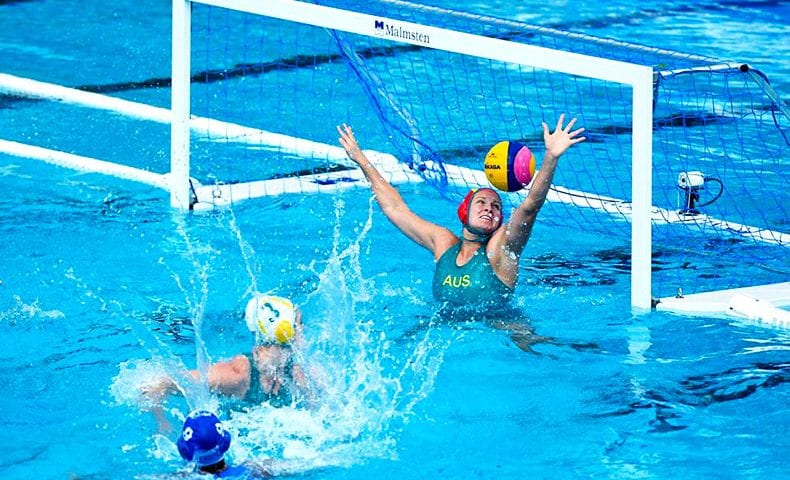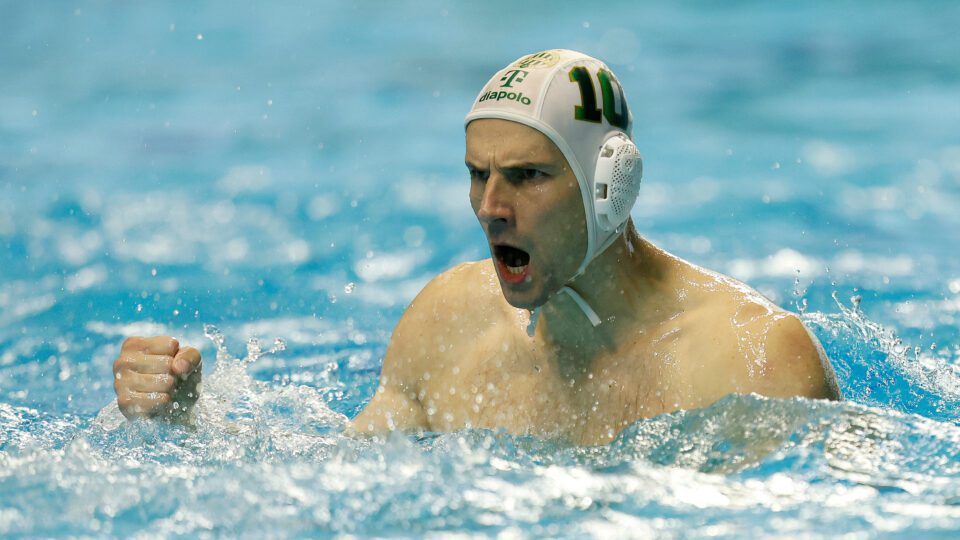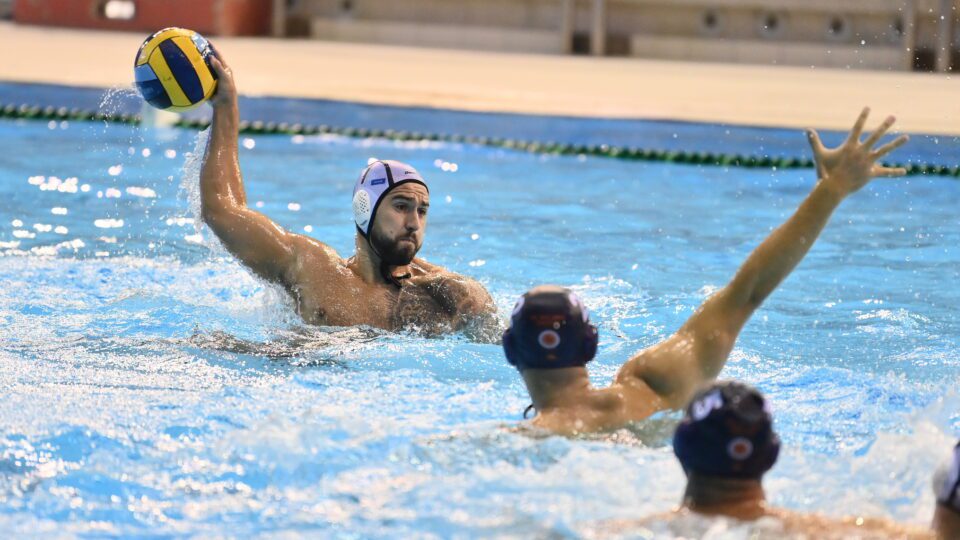The Cup is a qualifier for the 2019 World League with four teams from each tournament qualifying for the Super Finals alongside the top three teams from the FINA/LEN Europa Cup Finals and the host nations.
In the men’s competition, Australia, silver medallist at the 2018 FINA World Cup, heads Group A, which also contains Canada, Olympic host Japan and South Africa.
Group B showcases Kazakhstan, China, Argentina and New Zealand.
Notable exceptions are Brazil and United States of America, who both qualified for the FINA World Championships through the American tournament earlier this year. China and Japan in Group A.
Group B consists of World Cup bronze medallist Australia, Canada, South Africa, and Kazakhstan.
The stadium, in previous iterations known as Superdrome and Challenge Stadium, has hosted two FINA World Championships (1991 and 1998), one women’s water polo World Cup (2002), the World Masters Championships of 2008, three FINA junior women’s world championships and one FINA junior men’s world champs.
The 50m outdoor pool being used for the men’s and women’s tournaments running concurrently, has been the scene for many major swimming world records, including Jorge Hoffman’s 1500m victory over Kieren Perkins in 1991.
The 10-lane outdoor pool has been used spartanly for water polo, although in 1998, the medal finals for both men and women were staged there.
Most of the other events, including the 2006 Commonwealth Championships, were held in the indoor 50m or the Outside Water Polo Pool.
Competition starts generally at 9.30am daily and runs through until late evening with four matches in the morning session and four in the late afternoon-evening.
The semifinals are on Saturday and the finals on Sunday.
The men’s Super Final is in Belgrade, Serbia on June 18-23 and the women’s will be staged in Budapest, Hungary on June 4-7.
To keep up with water polo news from around the globe, follow us on Twitter and Facebook.






